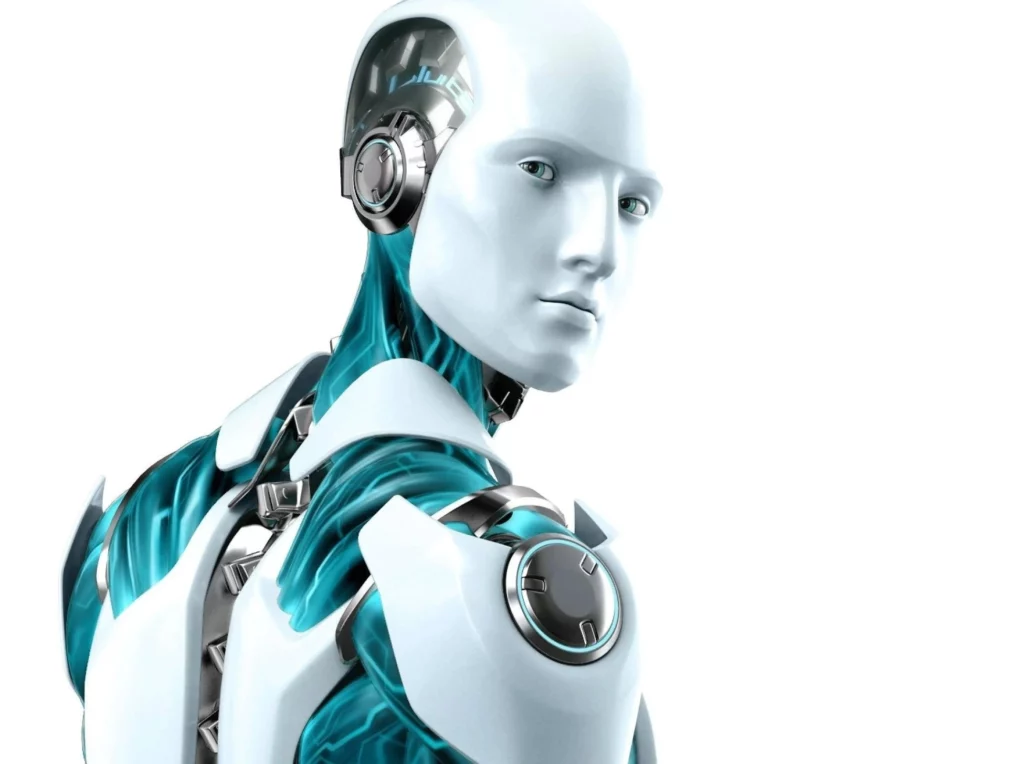ROBOT WARS
Playing war games with my son the other day I found myself explaining the purpose of a submarine’s periscope and then thought ‘do they even still have them’? Surely that’s defunct nowadays alongside fountain pens, slide projectors, dot-matrix printers and cameras with film. Why would you need to look through a periscope when you could figure out what was going on up above through radar?
I have been thinking a lot like this recently because of the buzz around what might be replaced by artificial intelligence: That not only what tools and equipment may disappear but also occupations. The future world of work will be unlike the past because of a fundamental shift which the workforce will experience. Work will be mostly about big data, artificial intelligence, nanotechnology, 3D printing, genetics and biotechnology which will all bring about significant seismic, rapidly evolving and lasting change to the way business will operate. Emerging technologies have the potential to dramatically replace human workers. From self-driving cars to carbots for elderly people, rapid advances in technology will take away many of the jobs people have done.
At a party recently a seasoned translator friend complained how it would even be remotely possible for her to professionally survive into the future, given the development in AI. It sounded like a convincing concern, but I think we miss the point with our fear of AI. For the majority of us AI will take the slog and hard work away and while it consistently outperforms humans at driving cars, diagnosing cancer, shooting free-throws and predicting crop yields (not to mention chess and poker), when it comes to other things like, in this case translation and interpreting, the most sophisticated technology on earth is still by far the human brain. That is because AI translators are programmed to translate text without any real context – they don’t understand the emotional and cultural impact of language. Sarcasm and irony are often lost and they can be misinterpreted or even offensive at times. And in addition to nuances of language, current research suggests that for the foreseeable future, at least, AI remains far inferior to human abilities of dealing with perceptual representations, imagery, emotions, consciousness, learning, and the full range of creative problem solving that humans can accomplish.
Nevertheless, experts now believe that almost 50 per cent of occupations existing today will be completely redundant by 2025 as artificial intelligence continues to transform businesses. Other predications are that over 7 million of today’s jobs are predicted to disappear by 2030. Another popular predication estimates that 65% of students entering primary school today will end up working in a job that doesn’t exist yet.
According to a new report by consulting firm CBRE and China-based Genesis, customer work, process work and vast swatches of middle management will simply ‘disappear’ and people will take up more creative professions. This means that jobs will evolve and so will real estate development. Workspaces with rows of desks will become completely redundant, not because they are not fit for purpose, but simply because that purpose no longer exists, according to the report.
‘The next fifteen years will see a revolution in how we work, and a corresponding revolution will necessarily take place on how we plan and think about workplaces,’ said Peter Andrew, Director of Workplace Strategy for CBRE Asia Pacific.
A growing proportion of jobs in the future will require creativity intelligence, social skills and the ability to leverage artificial intelligence. ‘And for most people that will be a route to happiness and fulfilment,’ the report states.
Everything has its end and people’s professions are no exception. Much manual work has been replaced by machines and mental work has been replaced by computers, while some professions simply disappear because they are no longer needed. And this is not some sci-fi delusion – it’s jobs that are around us now.
Do you still need a dedicated travel agent to purchase your air fare or plan an itinerary for you? With Bing Travel, Google Flights, Travelstart, Skyscanner and a bunch of other flight-search engines, scoring dirt-cheap tickets has become as easy as one, two, three. Same goes for booking a nice room with a view somewhere in Paris after checking a bunch of real reviews and scanning all the prices. Airbnb allows you to rent an awesome apartment somewhere spectacular and couch-surfing will let you sleep for free on a fellow traveller’s sofa. And just look at all those travel bloggers out there. Their blogs already have all sorts of itineraries and things to do in almost every city in the world. Now, what are the chances we’ll still see this profession in 10 years?
It turns out that there are still submarines equipped with periscopes, thank you, Google. Granted they are new photonic and optronic masts that replace the conventional periscope entirely while ensuring submariners can still see their targets on the surface, but if I were a betting man, I’d say it’s only a matter of time till it’s ‘Down, periscope’ permanently!

